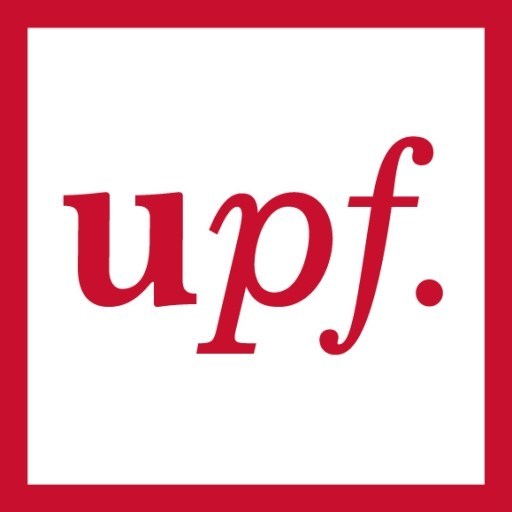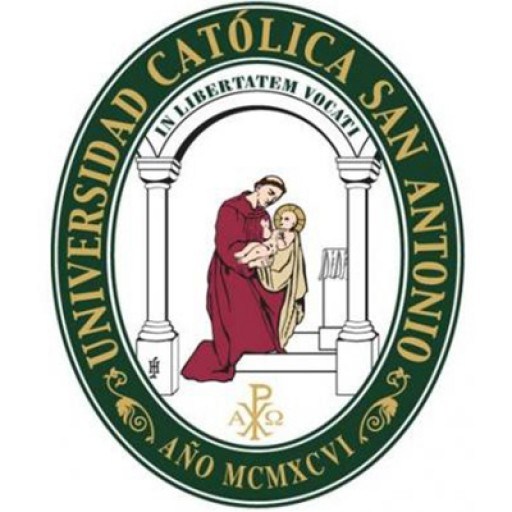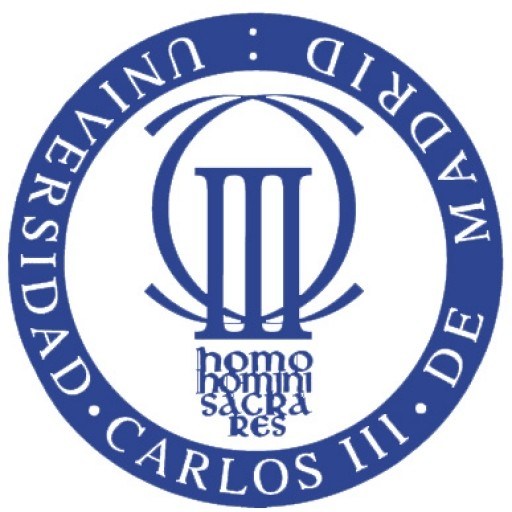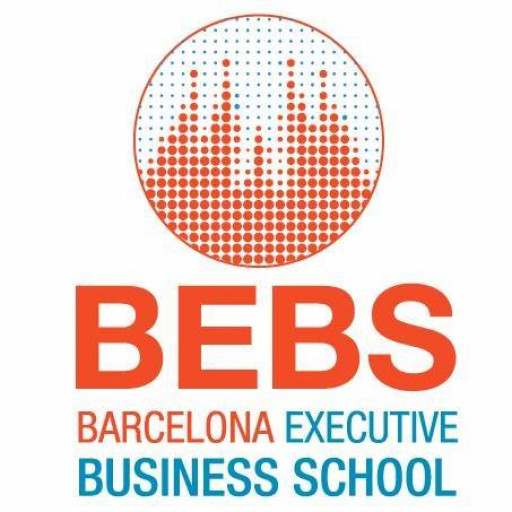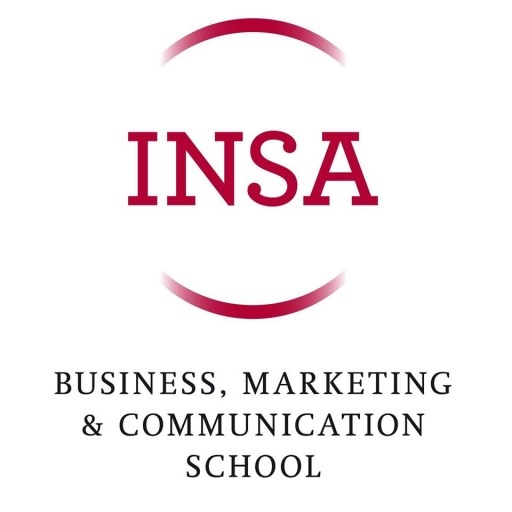Photos of university
The Bachelor's Degree in Cognitive Systems and Interactive Media at Pompeu Fabra University offers students an innovative and interdisciplinary education at the forefront of technology and human cognition. This program is designed to equip students with the foundational knowledge and practical skills necessary to develop intelligent systems, interactive applications, and user-centered technologies. The curriculum combines principles from computer science, cognitive science, psychology, and design to foster a comprehensive understanding of how humans interact with digital environments and how machines can simulate or enhance these interactions. Throughout the programme, students will explore topics such as artificial intelligence, machine learning, human-computer interaction, virtual and augmented reality, natural language processing, and multimedia technologies. The programme emphasizes experiential learning through projects, lab work, and internships, providing students with real-world experience in designing and developing cutting-edge interactive media applications. Graduates will be prepared for careers in sectors such as entertainment, gaming, education, healthcare, and research, where innovative interactive solutions are in high demand. The programme also encourages critical thinking and ethical considerations related to technology use, ensuring students are responsible creators of the digital future. With a strong emphasis on teamwork, problem-solving, and creative design, students will develop the skills necessary to pioneer new forms of human-computer interaction and contribute to advancements in cognitive computing. The university's state-of-the-art facilities and collaboration with industry partners further enrich the learning experience, opening pathways to advanced research or postgraduate studies. Overall, this programme aims to shape versatile professionals capable of designing intelligent, user-friendly, and impactful interactive media systems for diverse applications across society.
Compulsory Courses
- Cognitive Science & Psychology: Mind, Brain and Behaviour
- Research Methodologies in Humanities and Science
- Interaction Models
- Systems Design, Integration and Control
Main Optional Pool (Choose minimum 3)
- Adaptive Behaviour
- Advanced Concepts and Methods in Cognitive Systems
- Advanced Interface Design
- Cognitive Systems: theory and models
- Education, Games and Entertainment
- Real Time Interaction
- Sound Communication
Optional Expansion Pool (Choose maximum 1)
- Audio and Music Processing
- Autonomous Systems
- Machine Learning
- Mobile Robotics
- Natural Language Interaction
Master Thesis
- Project
Requirements
- Official undergraduate degree/diploma (or a bachelor's degree, a degree in engineering or architecture, diplomas, technical engineering and technical architecture diplomas, or, for foreign qualifications, the equivalent qualification awarded by an accredited higher education institution) and the academic transcript of the accredited official training with the average grade at the university of origin. Degrees in any academic field of study will be accepted.
- Curriculum Vitae in English.
- A letter of motivation in English, stating the candidate's interest in following the master's programme (600 to 800 words).
- At least one letter of recommendation in English (academic).
- Identity Card or Passport.
- Proof of English language (level B2.1). English: official Cambridge certificates (FCE or higher), with results of 6.5 at IELTS or 100 at TOEFL (iBT), will be accepted, among others.
- Professional experience in any of the fields related to the master's programme.(optional)
- Research experience.(optional)
- Teaching experience. (optional)
- Additional academic training in areas related to the master's programme.(optional)
Scholarships
- GRAL - General scholarships for students enrolled on post-compulsory studies.
- MATRC - Financial credential for the purposes of processing university enrolments without prior payment of the public prices for the academic services.
- UPF - Tuition fee scholarship for university master's degree students
- Global Education
The Master’s degree in Cognitive Systems and Interactive Media at Pompeu Fabra University offers students an interdisciplinary education focused on the development and understanding of intelligent systems and interactive applications. This program aims to equip graduates with advanced skills in areas such as human-computer interaction, artificial intelligence, machine learning, virtual and augmented reality, and cognitive modelling. Through coursework and practical projects, students learn how to design, implement, and evaluate interactive media systems that are responsive, user-friendly, and capable of adapting to individual user needs. The curriculum emphasizes a blend of technical knowledge and cognitive sciences, fostering a comprehensive understanding of how humans perceive, process, and interact with digital environments.
Students benefit from access to state-of-the-art laboratories and research groups specializing in cognitive systems, virtual reality, and multimedia technologies. The program encourages collaboration with industry partners, providing internships and real-world project experience to prepare students for careers in research, development, or applied sectors such as entertainment, healthcare, education, and user experience design. Graduates are equipped to pursue PhD studies or employment in multidisciplinary teams working at the frontier of technology and human cognition. The program is typically delivered in English and may include opportunities for international exchanges or participation in conferences and workshops, enriching the academic experience and professional network. Overall, the Master’s in Cognitive Systems and Interactive Media aims to foster innovation and critical thinking, enabling students to contribute to advancements in intelligent and interactive technologies that shape modern digital societies.
